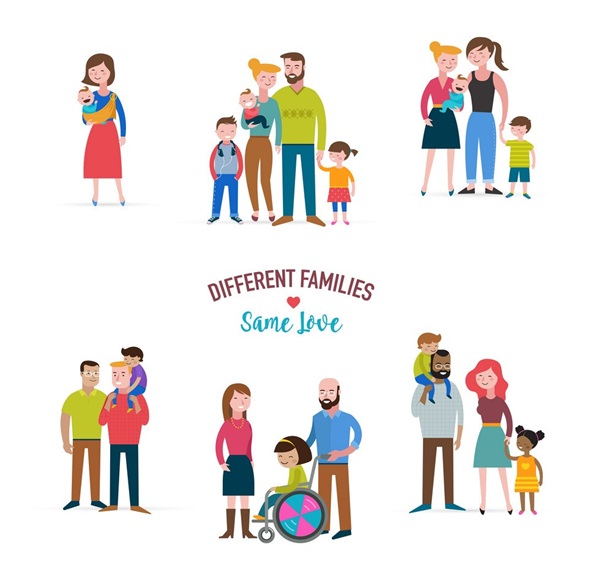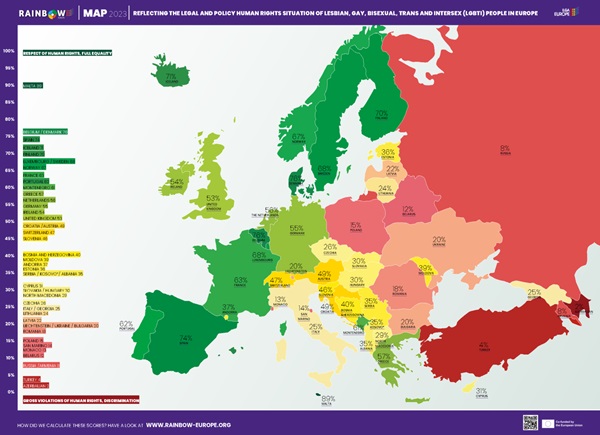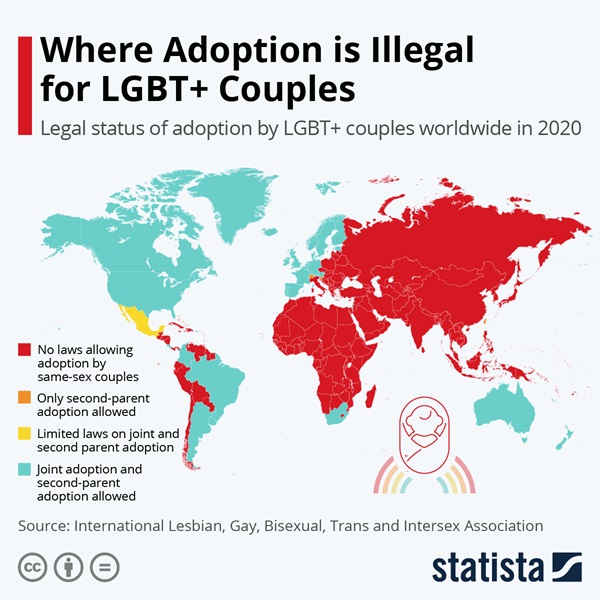Let’s start from the beginning, shall we? Ecce Homo is a Greek queer underwear and swimwear brand that trades worldwide! Despite the international scope of our commercial reach, our Corporate Social Responsibility program and of this very fashion blog, many times over the course of the latter we have tackled issues that pertain specifically to the Greek socio-political context as we find them sometimes paradigmatic of the constantly in flux state of LGBTIQA+ rights throughout the world. After all, what all queers around the globe share beyond their particular positionalities and intersectional differences is the common experience of systemic queerphobia and the human need for love.
For exactly this very reason, we have reported many times news from Greece regarding the PrEP,that is the Pre-Exposure Prophylaxis, the history of HIV/AIDS in general, the intersex rights, the ban on conversion therapies, the lifting of the yearlong ban on blood donation by MSM, that is men having sex with men, the history of Pride Parades and especially the one taking place in the home city of Ecce Homo, Thessaloniki, and the attacks on the art of drag on the occasion of events at which drag queens read stories to kids, among many other. To be sure, the issue of LGBTIQA+ parenting, which is -along with marriage equality- the subject of this article, has always been very close to Ecce Homo’s heart long before the recent resurgence of the interest in the matter in Greece thanks to Prime Minister’s, Kyriakos Mitsotakis, announcements of the past few weeks that his right-wing government is to bring a bill regarding same-sex marriage and full joint adoption by same-sex couples to parliament in the foreseeable future. In what follows, I will try to put this political commitment to its historical and political context and comment on the language in which this heated debate is framed by the government itself.











 Login
Login